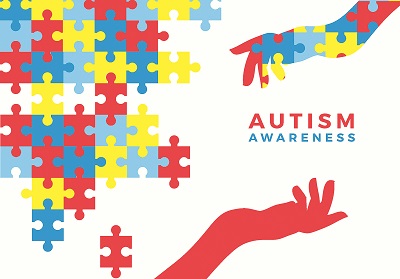Autism Spectrum Disorder (ASD) represents a complex neurodevelopmental condition characterized by challenges in social communication and restricted or repetitive behaviors. While global discussions on autism have gained momentum, the African context offers unique insights into the complexities of recognizing, addressing, and supporting individuals on the spectrum.
**Prevalence and Diagnosis:**
Historically, ASD prevalence in Africa has been underreported due to multiple factors such as limited access to healthcare, cultural differences, and insufficient awareness among healthcare providers. Recent studies, however, highlight an increasing recognition of ASD cases across the continent. Despite this, diagnosing ASD in Africa remains challenging. The shortage of specialized professionals, limited resources, and disparities in healthcare access often result in delayed or missed diagnoses, impacting timely intervention and support for affected individuals.
**Societal Attitudes and Cultural Perceptions:**
Cultural perceptions significantly shape how ASD is understood and accommodated in African societies. In some communities, neurodiversity is stigmatized, leading to misconceptions and social exclusion for individuals with ASD and their families. Moreover, cultural beliefs surrounding causes and remedies for ASD can affect help-seeking behaviors, further complicating access to appropriate support services. Understanding these cultural nuances is pivotal in creating inclusive environments and fostering acceptance.
**Challenges Faced by Individuals with Autism:**
Access to specialized healthcare and therapies remains a major challenge for individuals with ASD in Africa. Educational systems often lack inclusivity, with limited provisions for accommodating diverse learning needs. Consequently, individuals with ASD face hurdles in accessing quality education and integration within mainstream schooling. Social isolation and difficulties in community integration further exacerbate their challenges.
**Support Systems and Interventions:**
Despite challenges, various grassroots organizations and initiatives across African countries strive to provide support and advocate for individuals with ASD. Community-based interventions and awareness programs play a crucial role in enhancing understanding and acceptance. However, these efforts often lack adequate resources and widespread reach. Strengthening advocacy, training programs for caregivers and educators, and establishing more robust support networks are imperative steps towards fostering inclusive environments for individuals with ASD.
**Conclusion:**
Autism Spectrum Disorder in Africa presents multifaceted challenges deeply intertwined with cultural perceptions, limited resources, and societal attitudes. To address these challenges effectively, concerted efforts are needed to bridge gaps in healthcare access, enhance awareness, combat stigma, and promote inclusive practices. Empowering communities, caregivers, and educators will play a pivotal role in cultivating understanding and support for individuals with ASD, fostering a more inclusive and accepting society.
Mamosa Maitin


